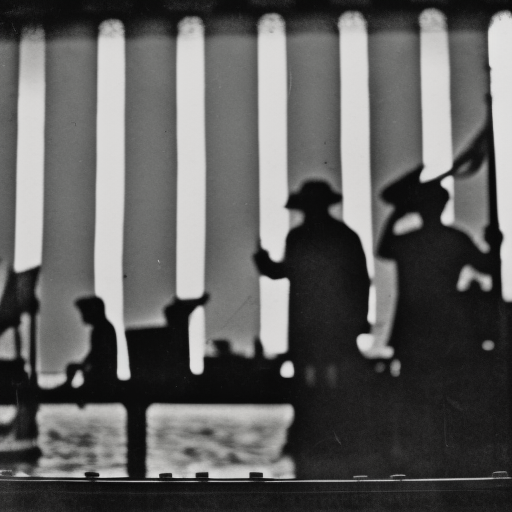Boston Tea Party (1773)
The Boston Tea Party was a political protest that took place on December 16, 1773, in Boston, Massachusetts. It was a significant event in the lead-up to the American Revolution and played a crucial role in shaping the course of American history.
Background: In the 1760s, the British government imposed a series of taxes on the American colonies, including the Sugar Act and the Stamp Act, to help pay off the debt incurred during the French and Indian War. These acts were met with widespread resistance from the colonists, who believed that they were being unfairly taxed without representation in the British Parliament.
The Tea Act: In an attempt to save the struggling British East India Company, the British government passed the Tea Act in 1773. This act granted the company a monopoly on the sale of tea in the American colonies and allowed them to sell tea at a lower price than their colonial competitors. However, it also maintained the tax on tea, which angered the colonists.
The Protest: In response to the Tea Act, a group of colonists known as the Sons of Liberty organized a protest in Boston. On the night of December 16, around 60 colonists, disguised as Mohawk Indians, boarded three British ships in the Boston Harbor: the Dartmouth, the Eleanor, and the Beaver. They proceeded to dump 342 chests of tea, worth about $1 million in today’s currency, into the harbor.
Impact: The Boston Tea Party had significant consequences. The British government responded by passing the Coercive Acts, also known as the Intolerable Acts, in 1774. These acts were designed to punish the colonists for their defiance and included the closing of the Boston Harbor and the revocation of certain colonial rights. The acts further fueled the colonists’ anger and united them in their opposition to British rule.
Colonial Unity: The Boston Tea Party played a crucial role in uniting the American colonies against British rule. It served as a rallying cry for those who believed in the principles of liberty and self-government. The event inspired similar acts of resistance in other colonies and helped to solidify the growing sentiment for independence.
Continental Congress: In response to the Coercive Acts, the First Continental Congress was convened in Philadelphia in 1774. Delegates from twelve of the thirteen colonies gathered to discuss a unified response to British oppression. The Congress issued a statement of grievances and called for a boycott of British goods. This marked a significant step towards colonial unity and eventual independence.
American Revolution: The Boston Tea Party was one of the key events that led to the outbreak of the American Revolution in 1775. The colonists’ resistance to British rule escalated, and armed conflict broke out between British troops and colonial militias. The desire for independence grew stronger, and the American Revolution ultimately resulted in the establishment of the United States of America.
In conclusion, the Boston Tea Party was a pivotal event in American history. It was a direct response to British taxation policies and served as a catalyst for colonial unity and the eventual fight for independence. The protest had far-reaching consequences, leading to the passing of the Coercive Acts and the convening of the First Continental Congress. The Boston Tea Party played a significant role in shaping the course of the American Revolution and the establishment of the United States as an independent nation.












